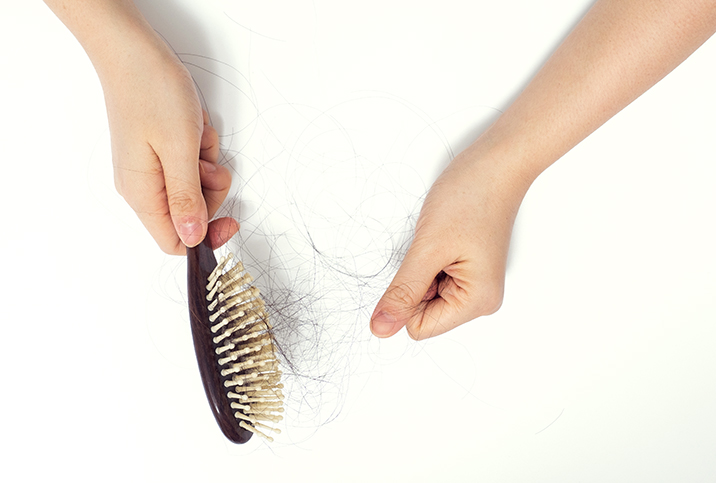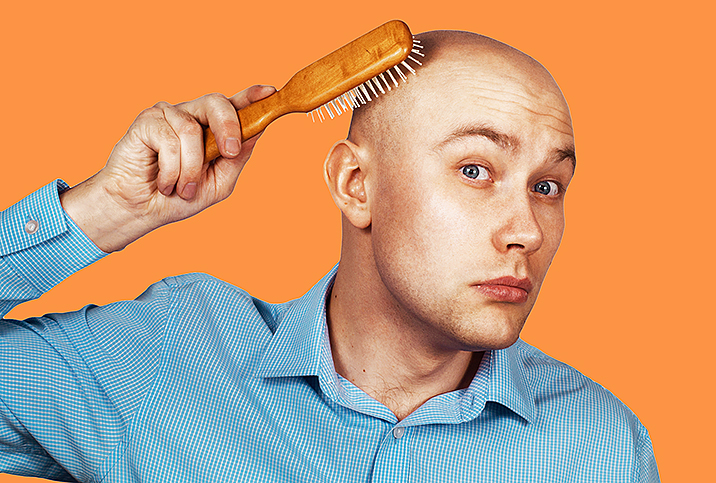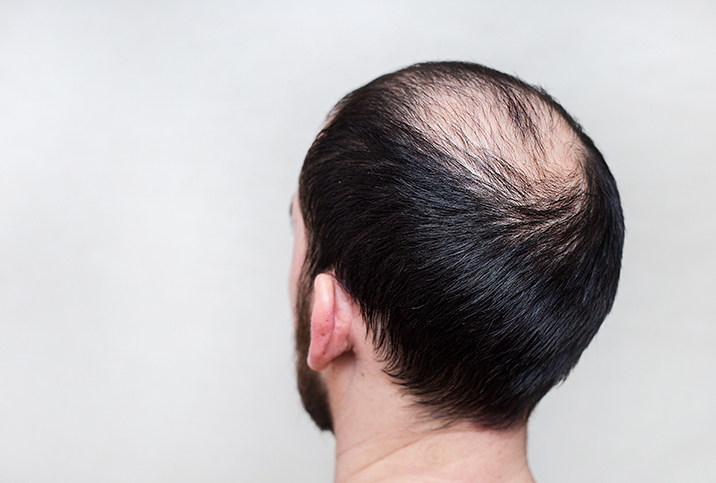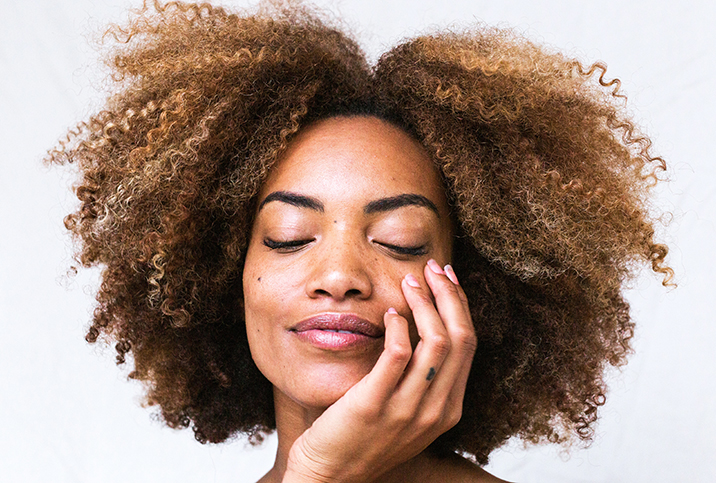How to Manage and Reverse Hair Loss

Hair loss is one of the many stressful and emotionally taxing conditions that men and women may face at some point in their life. While hair loss is considered a part of life, people have ways to prevent, manage and even reverse the trend.
An overview
The average person loses 50 to 150 hairs a day, but the body is continually growing new ones, so daily loss goes largely unnoticed. By age 50, however, 40 percent of women and 85 percent of men will go through the hair loss we worry about more, the kind that's visible and signifies aging.
In addition to heredity and age, other causes of hair loss are many: alopecia areata (an autoimmune condition where the body attacks hair follicles), chemotherapy, illnesses, damaging hair treatments, even hairstyles such as tight ponytails and cornrows. Scalp infections (like tinea capitis), hormonal changes (such as during pregnancy, childbirth, menopause) and certain medications can also cause hair loss.
Other culprit medical conditions include scalp psoriasis; trichotillomania (compulsively pulling your hair); sexually transmitted diseases such as syphilis; thyroid disease; low iron, biotin, protein or zinc; eating disorders; and exposure to poisons such as thallium, mercury, lithium and arsenic.
People with hair loss are much more likely to experience psychological distress; they may become depressed and anxious, lose self-confidence and develop social phobias.
Manage & cope with hair loss
If you have noticed significant hair loss or bald patches, you're part of a not-so-exclusive club. Few people have the same head of hair at age 40 that they did at 18. But if your hair loss is causing you emotional distress, open up to somebody about it: Sharing concerns can reduce stress and insecurity. Try joining an online support group if talking to your close peers feels overwhelming.
When it comes to product use, conditioners and especially volumizers will strengthen strands and make hair look thicker. It's OK to cover up your thin or bald spots if you like; try wigs, scarves, hair extensions and hairline-disguising makeup. A new haircut can make hair look fuller, and some people (more often men) opt to start shaving their heads at a certain point. But if you feel comfortable showing off your natural hair and scalp, feel free to celebrate it.
Prevent and/or reverse hair loss
You don't have to wait for hair loss to happen to treat it, nor do you need to simply accept your fate if it occurs. To prevent and fight hair loss, take a more proactive role in your hair-care routine.
Wash your hair every few days; overwashing dries out the scalp and hair. While washing your hair, or at any other time, use a shampoo brush or your fingers to perform a scalp massage. While not a proven remedy to prevent or reverse hair loss, scalp massage does improve blood flow to the scalp, promote hair thickness and reduce stress. Look into other products that promote growth and reduce breakage—anything from shampoos to hairbrushes. Speaking of hairbrushes, avoid brushing your hair while it's wet, as your hair is more prone to break under tension while it's wet.
In addition to paying attention to what goes on with your hair, monitor what goes into your body. A 2017 study found a Mediterranean diet rich in plant foods and oils can help reduce the risk of or slow down androgenic alopecia (female or male pattern baldness).
Essential amino acids are the building blocks of hair, and you might also consider supplements such as vitamins A, B, C or D, iron, selenium, zinc and biotin (B7). Avoid chemical treatments and perms, and reduce the frequency of styling with heat. If you do color your hair, talk to your stylist about how to reduce chemical damage to your hair.
There are also medical treatments for hair loss: Laser light therapy can increase hair density (for people with genetic or chemo-related hair loss), and platelet-rich plasma injected into the scalp stimulates growth. Popular medications include finasteride, phenylephrine and minoxidil (Rogaine).
If you aren't yet experiencing hair loss but are concerned for the future, it's never too early to incorporate hair-promoting habits into your life to keep your locks happy and healthy.


















